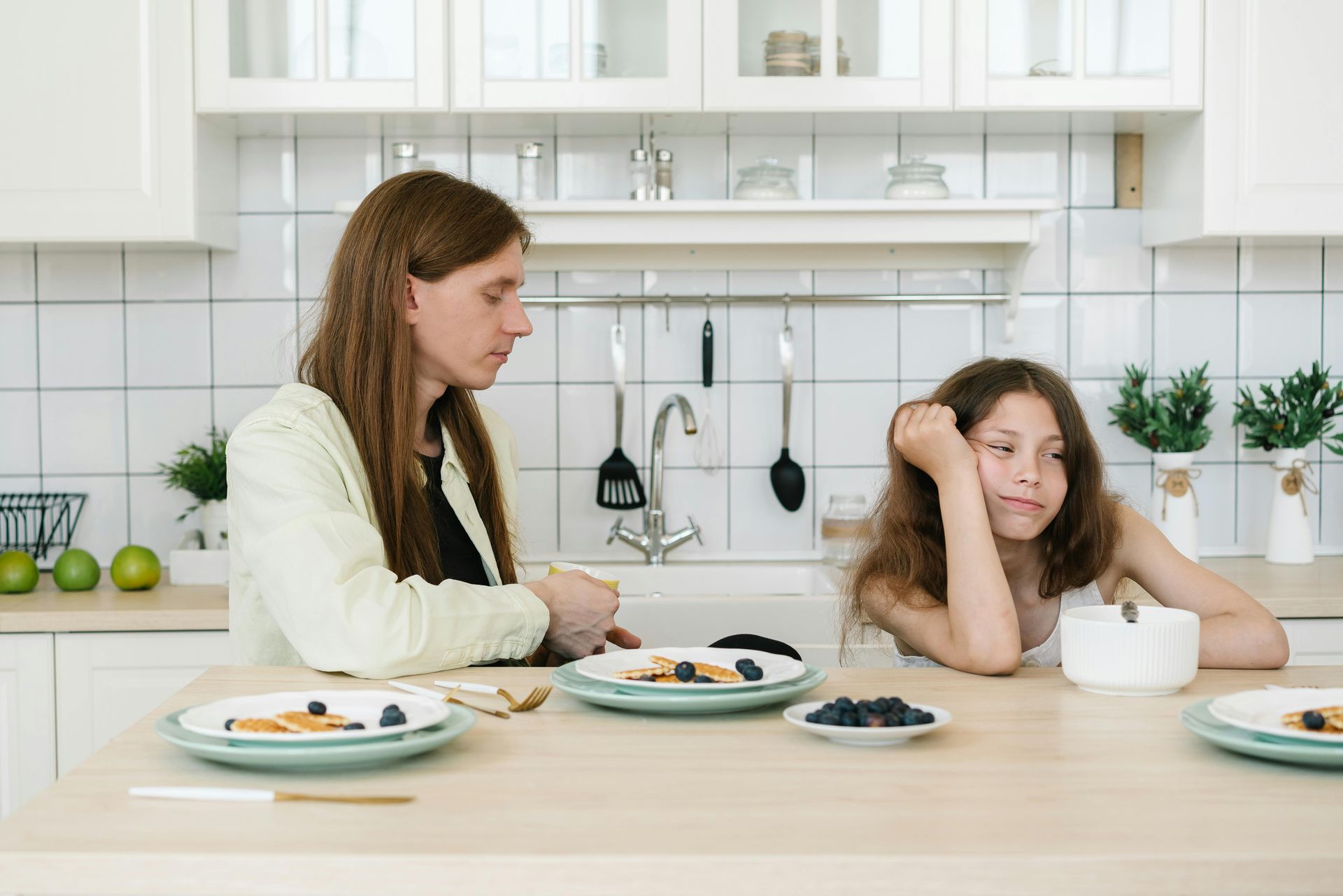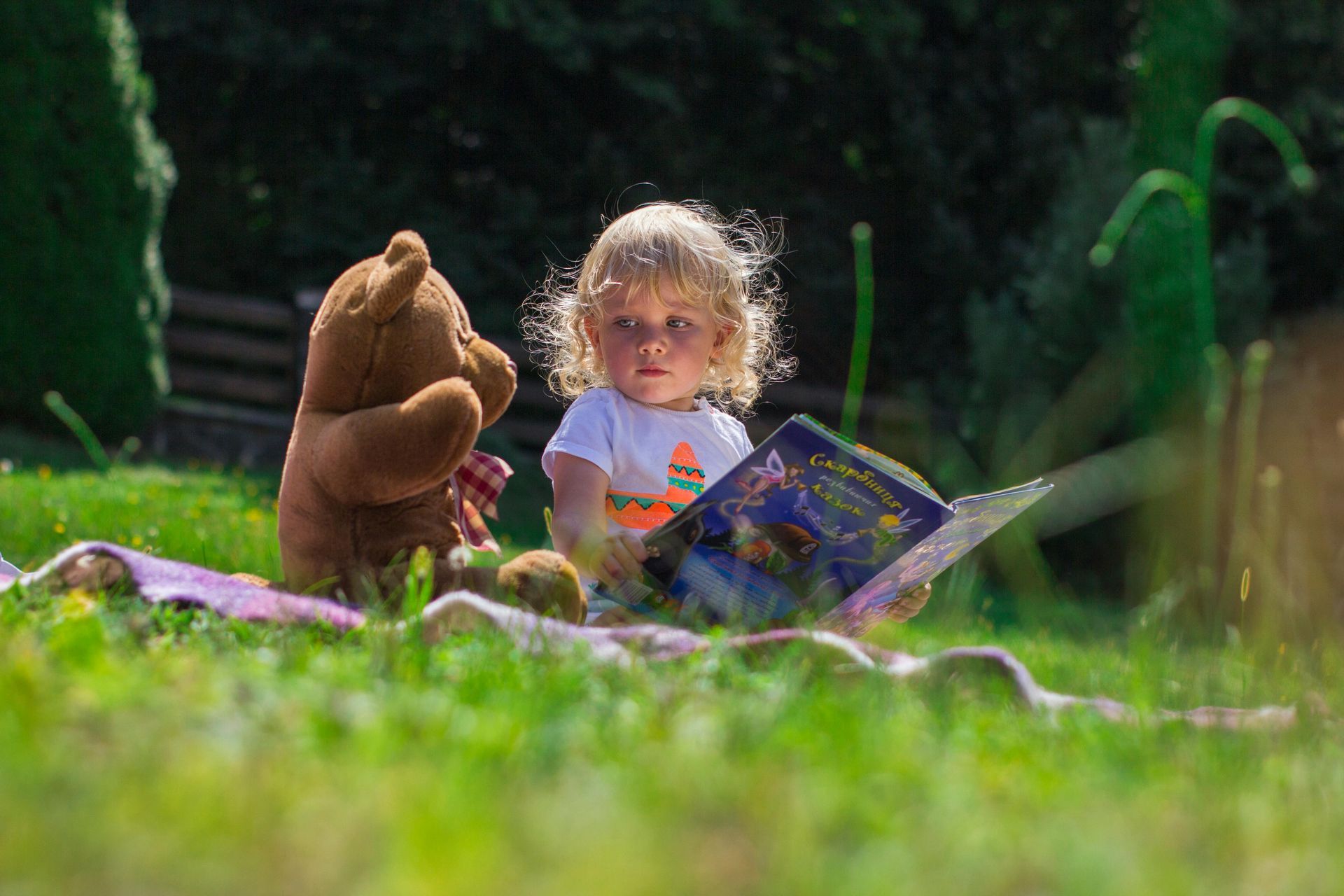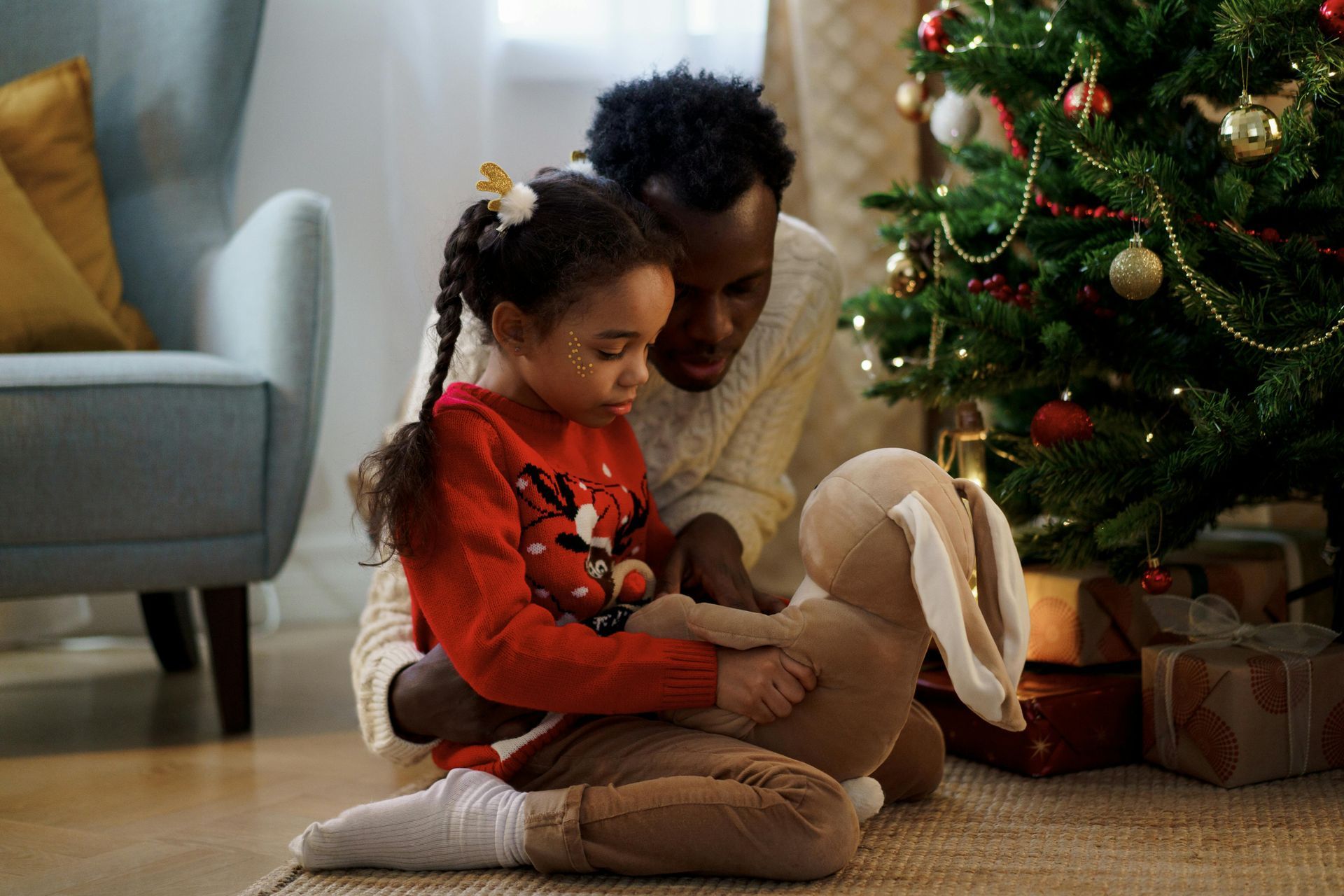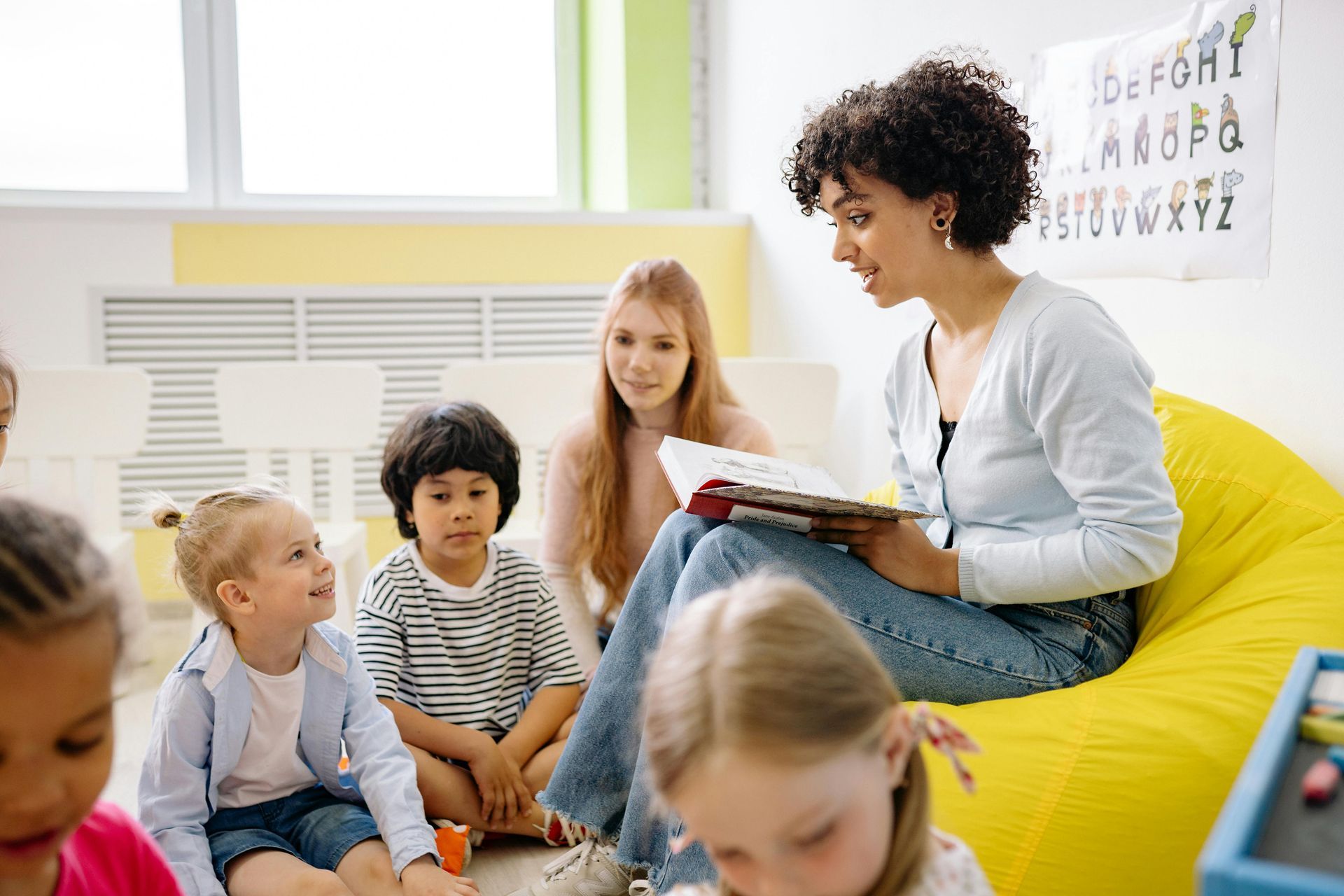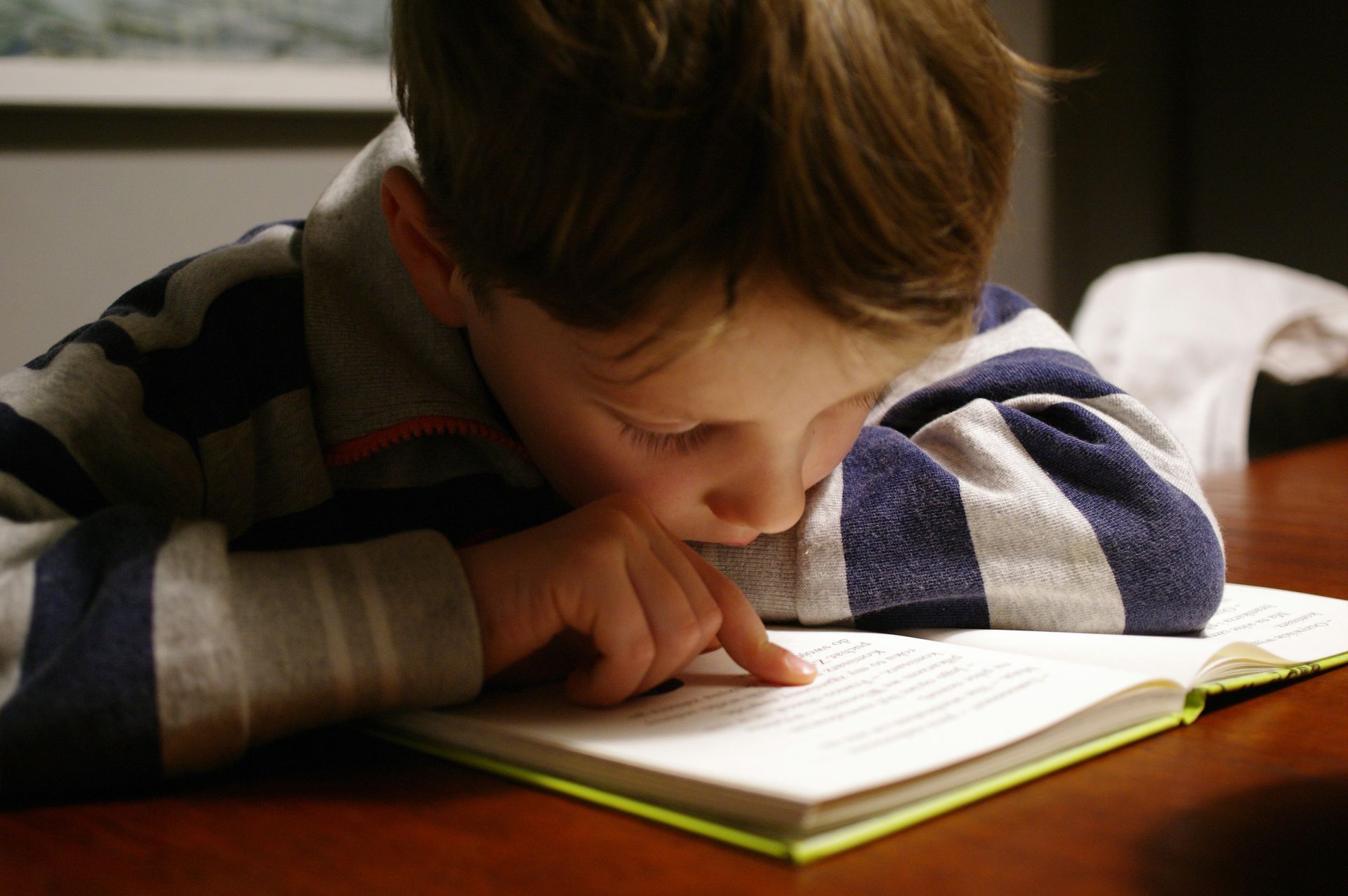The Impact of Social Media on Young Minds: A Closer Look at YouTube and TikTok
As digital platforms become increasingly integral to our children's lives, understanding their impact is crucial—especially for younger users who gravitate towards YouTube and TikTok. These platforms, while sources of entertainment and learning, also present specific challenges that can affect the mental health of children in Key Stage 1.
Navigating YouTube and TikTok
YouTube and TikTok are immensely popular among young children, offering a vast array of content from educational videos to engaging entertainment. However, the vastness of these platforms means children can easily encounter content that isn't age-appropriate.
Key Challenges Faced by Young Users:
- Use Platform Controls: Both YouTube and TikTok offer parental controls that help filter out inappropriate content and manage screen time. Setting these controls is a critical step in safeguarding young minds.
- Screen Time: Extended screen time on these platforms can interfere with sleep, physical activity, and offline interactions, which are crucial for development at this young age.
- Ads and Commercial Content: Young children are particularly impressionable, and the commercial content on these platforms can impact their understanding of materialism and self-worth.
How Parents Can Intervene:
- Use Platform Controls: Both YouTube and TikTok offer parental controls that help filter out inappropriate content and manage screen time. Setting these controls is a critical step in safeguarding young minds.
- Watch Together: Join your child during their screen time. This not only ensures they are viewing appropriate content but also provides an opportunity to discuss what they watch, enhancing their understanding and critical thinking.
- Encourage Creative Use: Guide children to use these platforms creatively. Encourage them to create fun videos under supervision—like dance routines or art projects—that promote active rather than passive consumption.
The Role of the Mabel Book Series
The Mabel book series can be a powerful tool for complementing the digital experiences of young children. By addressing emotional well-being and mental health in a relatable and accessible way, the books provide a practical framework for discussions about feelings and coping strategies. These stories help parents and children navigate the emotional impacts of social media consumption, promoting healthier digital habits.
Conclusion
While platforms like YouTube and TikTok can offer educational and fun content, it's essential for parents to actively participate in how their children engage with these mediums. By implementing strategic measures and utilising resources like the Mabel series, parents can help their children reap the benefits of these digital platforms while safeguarding their mental health and well-being.



